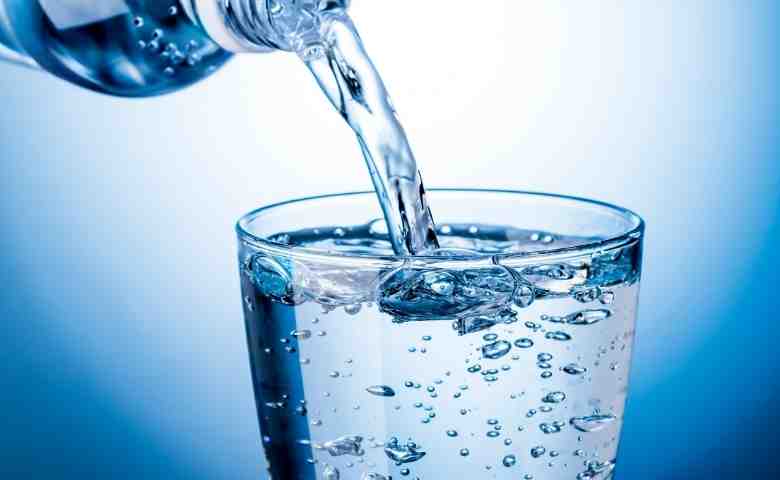Last Updated on April 28, 2021 by Admin
Just about everyone with a working well on their property will have considered using the well for their drinking, cooking, and cleaning water. This would seem to be the cheapest and most eco-friendly option.
A private well can save a lot of money, providing plenty of water for the household to use.
But this begs an important question: Is it safe?
You may feel that since your local area boasts clean, drinkable water, the well water is probably just fine.
But whether you’re the property owner or you’ve been commissioned to deal with a well or water feature, it’s important to ensure the water is safe and drinkable.
Table of Contents
Dangers of Unsafe Well Water
Unsafe well water could contain parasites. This includes viruses such as E.coli, as well as hard water minerals such as calcium and magnesium.
Viruses and parasites can cause serious illnesses in humans and animals. Hard water minerals can give the water an unpleasant taste, and can also cause buildup in your pipes and plumbing. Over time, this buildup can create even more serious problems.
Private wells can become contaminated by outside factors. This includes sewers and septic tanks, whether malfunctioning or placed too close, as well as pesticides and agricultural chemicals.
How to Find Out Whether Your Well Water is Safe
The best way to find out whether your private well water is drinkable is to have it tested in a laboratory. Remember, the owner of the land and well is responsible for ensuring that the water is safe.
Laboratory testing will check the water for parasites, high levels of certain minerals, and other contaminants. This should be done every year.
In the meantime, there are regulations in place to keep water sources clean. This involves keeping silage and septic tanks a certain distance away from water sources. Livestock yards, petrol tanks, and manure stacks should also be kept well away from water sources.
The water may look clean. It may even taste fine, presuming that you’ve been foolish enough to drink it. But these contaminants are often not visible to the naked eye. Never make a decision on how the water “looks” – you may well be missing something.
Related Posts:
- Civil Engineering Career; A Guide To Start Your Construction Career In 2021
- Working On Mobile Platforms On Construction Sites; Safety Is Still Paramount
- Textbooks and Reference Books on Hydrology and Water Resource Engineering
- How to protect your roof from water damage?
How to Make Water Safe to Drink
One of the simplest ways of distilling water is to boil it. However, boiling every drop of water you come into contact with (yes, this does mean washing up water and cooking water) is often not practical.
Even if you feel that your well water is safe, it’s wise to invest in well water treatment systems. These filter systems are designed to filter well water for the whole house, making it softer and removing harmful chemicals.
Is a Private Well A Safe Choice?
Presuming you take all the necessary precautions to ensure your drinking water is safe, there’s no reason why a private well can’t provide all the water you need. Water filtration systems are something every well owner should consider. The benefits of the private well are yours – but so are the responsibilities.


